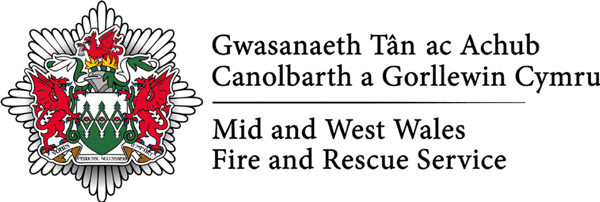If you’re a new student, we understand this is a new exciting chapter in your lives and you will most likely be moving into unfamiliar accommodation surroundings. This can present its own risks and it’s important that you consider your own safety when moving into new accommodation and take some time to think about what can be done to help reduce risk of fire.

Download our Emoji Leaflet (PDF, 412Kb)
Some tips for a safe student experience:
Get to know your property.
Develop an escape plan. Know the accommodation inside out, and have options for escape, which should include a plan B should the conventional escape routes be blocked.
Show your smoke alarm some love and test it on a regular basis – it could save your life.
Ensure that smoke alarms are present on every level of the property, uncovered and functioning. If needed, ensure that a carbon monoxide detector is present. Test the detectors regularly
When sockets are scarce, avoid overloading. Electrical sockets and adapters can pose a risk of fire when overloaded. Be sure to turn items off when not in use, especially items such as straighteners and hairdryers.
Consider safety around the kitchen environment, including the positioning of electrical items such as toasters which should be placed away from hazards like curtains and paper. Ensure that electrical items such as toasters are kept clean and placed well away from water.
Never leave cooking unattended and take care when frying with oil. If a pan does catch fire never use water. Turn off the heat if safe to do so. If under the influence of alcohol, never attempt to cook.
Most of the fires we are called to in student accommodation start in the kitchen, usually when cooking has been left unattended. If you’ve been drinking, please give cooking a miss. If you fall asleep and your food catches fire, you’ll wake up with more than a sore head…if you wake up at all
Every University will have a point of contact for fire safety. Landlords and educational institutions are required by law to ensure that the accommodation is safe. Know your rights and who to speak to if you spot a potential risk of fire. Take personal responsibility to raise any issue you see.
If a fire occurs,
GET OUT, STAY OUT AND CALL 999


